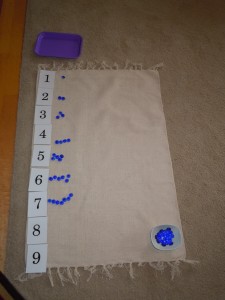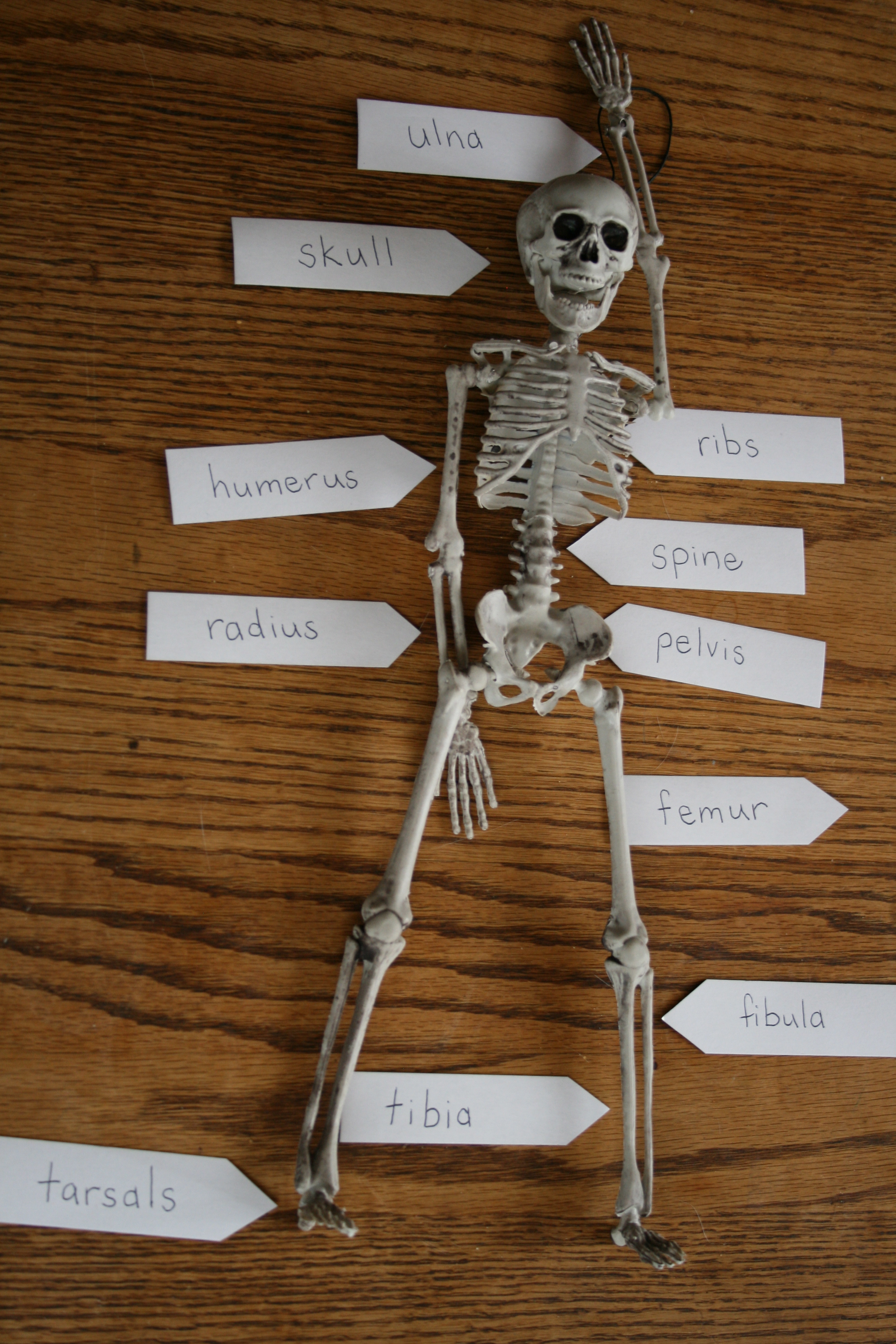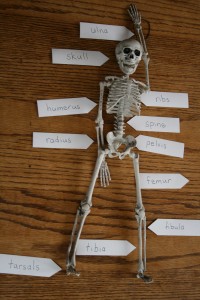There are lots of reasons why I love
Montessori education. It’s respectful, holistic, intellectually and socially stimulating, and child-directed. But one of my favorite things about Montessori is how much easier it is to be an adult spending time with children in a Montessori environment than it is in most any other environment. Here are the top five reasons why bringing Montessori philosophies into your home will make your life much easier.
1) Cooperation and community mindedness are built in
In the Montessori classroom the children are a community. Everyone works together to keep the environment clean and organized. That means that when someone accidentally spills hundreds of tiny beads all over the floor, all the children in the immediate area gather around and help clean up the mess. Each child is also responsible for cleaning up his or her individual work before choosing a new activity.
By bringing these simple rules and philosophies into your home, you’ll help your child experience consistency, learn responsibility, and best of all, your floor won’t be completely covered with 25 different toys at a time.
Instead, your child will learn to get one or two items out at a time and then joyfully put his work away before getting out something else. Establishing these rules does take a little bit of extra work for you at the beginning, but once your kids are in the groove, it won’t take much effort from you to keep the toys off the floor and on the shelf where they belong (note: you do have to provide the shelf).
2) Cleaning and cooking skills develop early
Children also learn to sweep, dust, mop, wash a table, and use a sponge at Montessori school. They also learn to pour, use tongs, cut vegetables, peel an egg, and much more. These skills easily translate to home, all you need to do is invite your child to participate in household tasks and before you know it, you’ll have an awesome little helper on your hands.
Child sized cooking and cleaning tools help kids engage in these tasks easily. And as long as you’re modeling joyful cleaning and cooking yourself, your kids will happily join in the fun. We have a child-sized duster that gets tons of use at our house.
3) Self directed play and learning give you a breather
One of my favorite things about Montessori education is its emphasis on self directed, individual work. By providing a shelf full of choices and a rug or table to contain her work, my daughter will happily choose activities and play independently for hours a day.
Yes, some kids will have more or less success with independent play. There is definitely a personality aspect to attention span and willingness to explore the environment alone, but these skills can always be developed further through practice. And wouldn’t it be nice to be able to sit back and read a novel while your child occupies himself?
4) Care of the self is commonplace
Young children love to develop skills that allow them to be more autonomous and independent, especially when it comes to self-care like washing, brushing, dressing, and using the toilet. Montessori practices encourage these efforts by providing low mirrors, child sized tools, stools, hooks, and other aids to help children become successful at these important tasks as early as possible.
That frees you up to focus on other things while giving your child a healthy sense of accomplishment. So, instead of washing your child’s face, give her a cloth and ask her to go look in the mirror and wash her own face. Encourage your toddler to learn to undress and your older child to dress himself. Some of these tasks may be challenging at first, but overcoming challenge is an incredibly useful skill for kids. And just imagine how much time and effort you’ll save when your child consistently puts on her own shoes and coat!
5) Peace education promotes harmony
Peace education is an important part of the Montessori philosophy. Maria Montessori worked tirelessly for world peace in her lifetime. By introducing the concepts of peace, effective conflict resolution, and empathy for others, children build social and emotional skills that will benefit them for their entire lives.
By bringing these ideas home, you can encourage sibling harmony, inner peace, and practices that will promote a peaceful home. For instance, there is no yelling in the Montessori classroom, instead, teachers approach children individually to remind them to use a quiet voice. This promotes a peaceful environment that is more conducive to learning and concentration.
Most classrooms also have a peace table, peace rug, or other such space specifically designated for meditation, conflict resolution, and other peaceful activities. At our house, we have a lavender filled eye pillow that is our “peace pillow.” If one of us feels agitated, we lie down, put the eye pillow over our eyes, and breathe deeply as we relax. By modeling this practice for my daughter, I’m teaching her useful emotion regulation skills by modeling a healthy response to stress.
All five of these Montessori ideas will bring more peace, ease, and cooperation to your home. I would love to hear whether you use any of these practices in your home and what benefits you’ve noticed.
Have a wonderful week!





